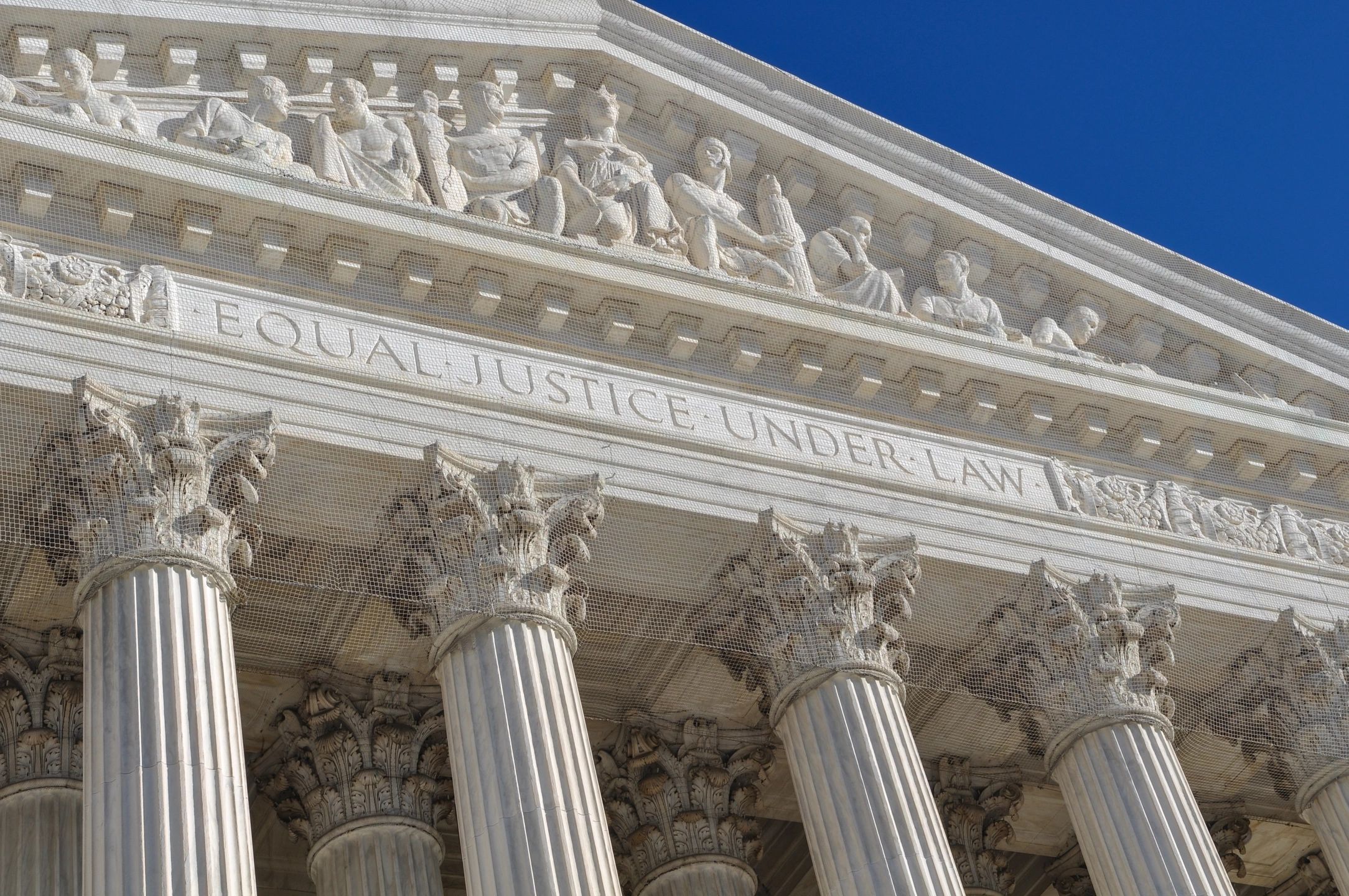The Law was not supposed to be a mere prescription, but a description. The Law told the children of Israel who God is, what creation is designed for and who the children of Israel are. If the Israelites were wondering what God is like, what the world and themselves are and should be, the Law told them. It also told them about the sinfulness of sin, just how bad it is. And provisions were made for atonement for sin through sacrifice.
The responsibility for the children of Israel was to tune their lives to the notes provided by the Law (an analogy I borrow from Kevin Zuber). And if they were to do this the children of Israel would know blessing because they would be living the best life, a life designed by God.
Somehow many turned a good thing, given for their enjoyment, into a bad thing, obeyed for their merit. What was given by God to a favored people, intended for their enjoyment, became a legal thing, intended for their self-sufficiency. Eventually, this subversion found its culmination in the teaching of the Pharisees, a legalistic sect many of whom opposed their own Messiah.
The form of life advocated by the Pharisees is often referred to as “legalism.” Legalism is not law per se; it is Godless law. It’s law in our own hands, something we do to earn favor. It’s not that law is bad, it’s that law taken without God, without his grace, is misused. We take a gift and use it against the giver. And that is probably a good description of sin – taking a gift and using it against the giver. We do this in every avenue of life – we use logic to deny his existence, use science to attempt to explain everything without him, use moral ideas to create self-protecting, independent societies and use our desires to propel us to self-indulgent habits. And we do it with law no less than anything else. All those things–logic, science, moral ideals, desires and law–were given to us by God for our enjoyment of Himself and his creation.
Living according to God’s Law was supposed to be a reflection of right relationship with God, a tool used in order to enjoy such a relationship. Instead it became a tool to become god, to be law giver as well as its keeper. No one is saved by the keeping of the Law. No one can keep the whole Law. The Law gives full disclosure of the nature of sin and the seriousness of sin. It reveals the extent of God’s holiness and the extent of human sin. The law serves as a permanent exposition of the nature of God and the sinfulness of sin.
When Jesus says he fulfills the Law (Matt 5:17-20) he means just that. He lived according to the Law. Perfectly. Jesus doesn’t earn his Father’s favor through obedience. His Father’s favor is prior to his obedience; he is the beloved Son of God before he becomes man. But, when incarnate, Jesus lives a life in accordance with the Law.
Likewise a believer’s favor from God is prior to obedience. Grace is given while we are yet sinners. Grace is not what makes up for our inability to obey; it is what makes obedience a joy not a burden. Our reaction to the law of Christ should not be “Oh no! Not more Law” but “Oh the joy of favor from God accompanied by his revelation of how we might enjoy that favor to the full!”

